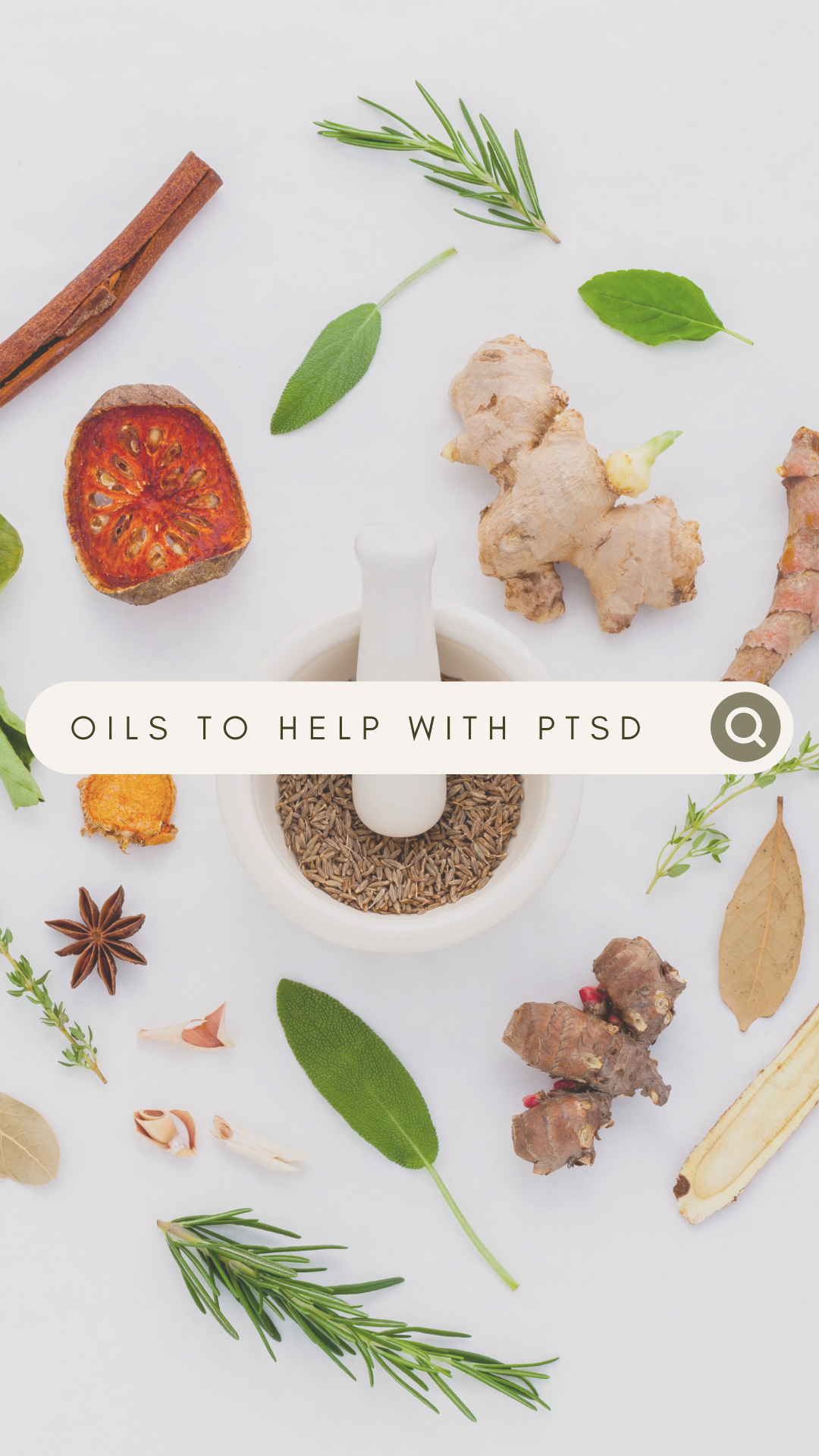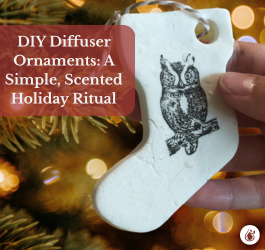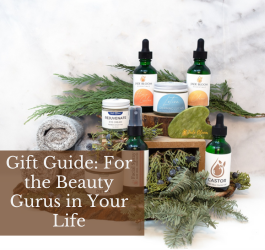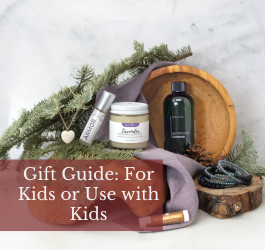Post Traumatic Stress Disorder (PTSD) is an anxiety disorder that can manifest in those who have experienced a traumatic event, often involving a threat or act of physical violence or danger. Approximately 6% of people experience PTSD at some point in their lives, about 7.7 million American adults. PTSD is most commonly associated with war veterans, but it can also occur from other events. Among veterans, however, the rate of those with PTSD is estimated to be as high as 33%. For those that suffer from PTSD, some form of therapy or the use of pharmaceuticals are often the first things considered. However, aromatherapy may be a highly beneficial option to consider in conjunction with other forms of healing in order to alleviate PTSD symptoms, especially due to the fact that scent is the sense most strongly associated with memory.
Essential Oils that Help with PTSD Symptoms
PTSDuk and Kate Harmon both highly recommend Lavender when in search of an essential oil that can be used to relieve a variety of PTSD symptoms. Lavender helps reduce feelings of fear, anxiety, and stress and may also reduce the occurrence of nightmares and therefore improve one's quality of sleep. Bergamot, Frankincense, Chamomile, and Sandalwood help relieve fear and anxiety as well as other varying PTSD symptoms. If rage or lashing out is an issue, Ylang Ylang and Clary Sage are excellent options. To get the benefits from these oils, they can be applied topically, used with personal diffuser jewelry, used through a personal inhaler, or diffused in a space.
Safe Essential Oil Use
When using essential oils for any reason, it is very important that you are aware of the safety measures you should take as well as the risks associated. To ensure you get the most benefits from your oils, use the highest quality oils available. For topical use with essential oils, it is very important to dilute your oils with a carrier oil or lotion. It is NOT safe to try and dilute oils with water, because the oil and water will not mix and the oil will not be any less concentrated and potent than it was in its original state when it comes in contact with your skin. There are many resources available with information on safe dilution amounts such as the Jade Bloom Essentials Official Oil Usage Group, the Tisserand Institute, the Aromahead Institute or you can also consult a certified aromatherapist. Do research on any specific oil you intend on using and who should not be using that oil. Many oils are harmful for animals and/or young children, and, if you are diffusing the oil around them for extended periods, there could be unintended negative consequences. . If adding essential oils to a bath, it is important that they are also diluted in a carrier oil beforehand, as they will separate from the water and could harm your skin; the heat from the bath mixed with the undiluted oils increases the severity of the potential harm. Contrary to some false information perpetuated historically by some, a bad reaction to an oil does NOT mean that you’re in even greater need of that oil’s benefits. If you ever have any sort of rash, burn, or other negative skin reaction to essential oils, you either need to dilute the oil more or discontinue use altogether. Always be sure to do your research on the oils you use, dilute oils correctly, and pay attention to the way you react to certain oils. With safe practice, you can benefit from the healing qualities of essential oils.








